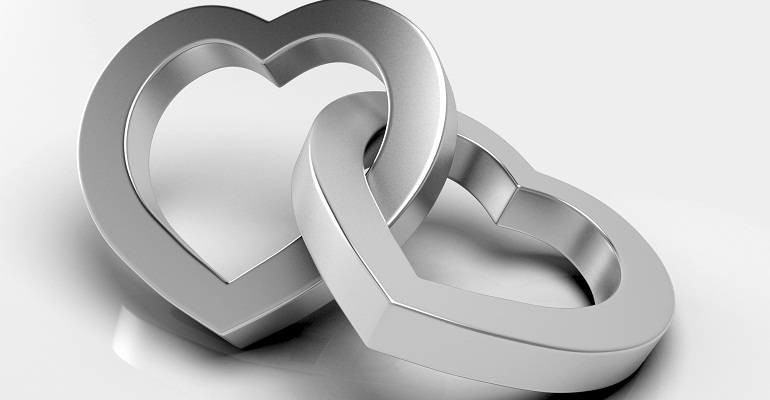Would he love me? At this time last year, waiting for my son to be born, I worried that he wouldn’t return my love. Would he respond as I pulled him close, or would he strain to hear the song of his birth mother instead? Would he feel fear and heartbreak and try to keep it all locked tight in his body, unable to communicate anything more than a cry?
I also wondered about myself. Would I possess a mother’s sense with a child who was not biologically mine? At night, when the baby whimpered or cried, would it be his birth mother, 50 miles away, who would instinctively reach for him while I slept?
In the month leading up to his birth, the obstacle of grief and guilt about adoption blocked out much of my joy. My husband didn’t understand why I experienced such emotions. We were supposed to be the happiest expectant parents on the planet. I had a difficult time explaining that my tears were for my unborn son’s mother.
Jimmy and I had been trying to conceive a second time since our son, Jared, was a toddler. It was a decade of waiting, hoping, and soul-crushing heartache. There were days I felt I couldn’t live through it. Other times, I said, “Fine, we’ll be a happy family of three.” Mourning infertility was like mourning a child, dwelling on what could have been. I didn’t have memories of sweet dimples and a saucy laugh, only images of all that would never be.
Now, I felt as if I were trading my grief for my new son’s biological mother’s happiness. She was going to give me my dreams, and I was going to give her nothing but empty arms. She wouldn’t have to imagine, she would know. She could picture exactly how this baby looked, smelled, and felt. The pain I had carried from infertility felt suddenly shallow, compared to what I bet she’d be feeling.
The Arrival
My younger son was born on the first day of winter, with stick-straight blond hair and flashy blue eyes. I stood in the back of the room and watched as he emerged, saw the doctor as he gripped his head with firm, gentle hands that twisted and tugged to pull the baby’s shoulders out. Upon his arrival, the baby cried softly and briefly; my cries were loud gulps. His grandmother, who’d just met me that day, came over and hugged me.
“Do you want to cut the umbilical cord?” she asked a minute later, relaying her daughter’s question.
I hadn’t considered being the one to do this, but it felt right. I knew then that I wasn’t cutting the baby’s link to his birth family. His biological mother placed him with us, as the life and family she wanted for him. She was stronger than I, and now she trusted me to be strong to raise my son.
Ours is an open adoption, so the farewells we said the next day weren’t to be the last. When I realized I could no more truly understand her depth of emotion than others could understand what I felt experiencing secondary infertility, I no longer sought to try to heal her pain with the “right” words. My role in this triad is to be Craig’s mother.
Later that night, with all of us tucked in safely at home, I woke from a deep sleep and reached out instinctively for Craig. He was in my arms before the first cry of hunger. I held him close and he turned his head to me and latched on to his bottle. I rocked us both back to sleep and momentary peace.



